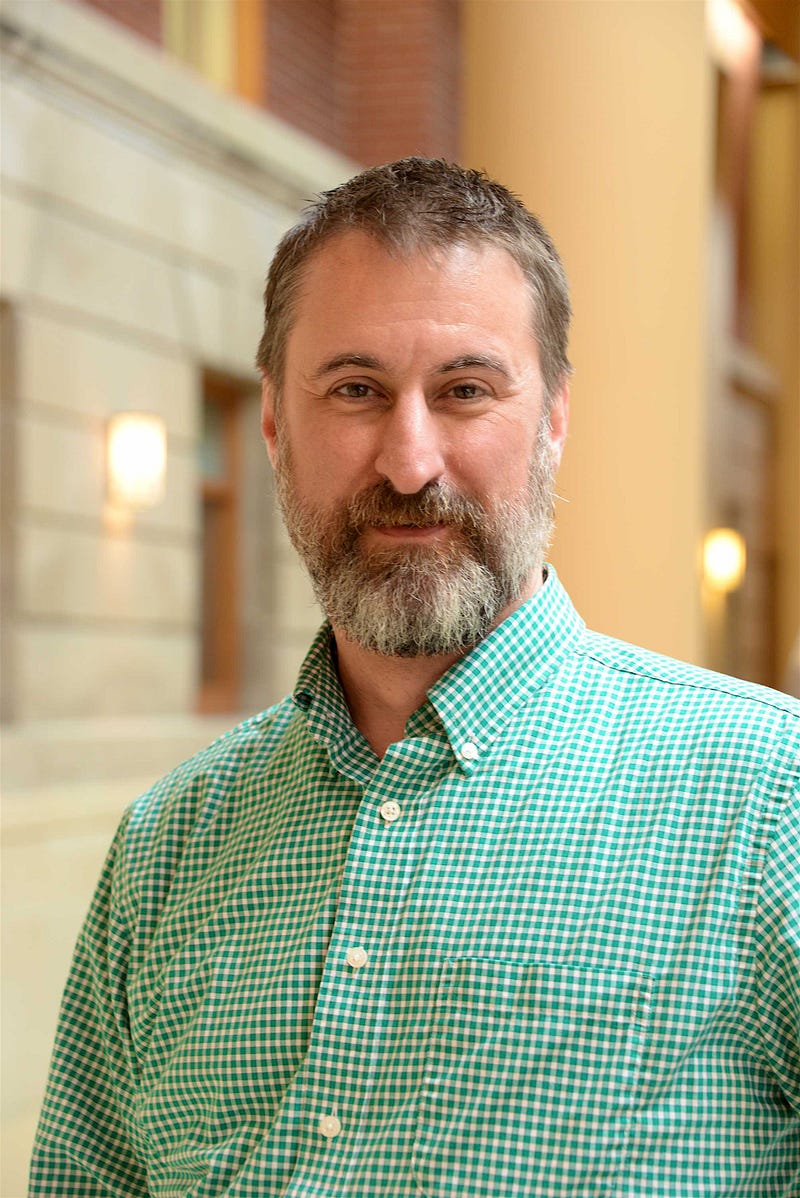A brief look into the nation’s first ever addiction hotline for providers and how it’s helping to change the landscape of addiction
The struggle of addiction is a complicated and multifaceted issue and unfortunately, we still don’t have all the answers. Part of the problem seems to be that the answers we do have are not yet being reached by everyone who needs them. The goal of the University of Wisconsin Addictions Consultation Service is to improve the accessibility of knowledge and tools to combat addiction.

Recognized as a national first, the University of Wisconsin Addictions Consultation Service is a daily on-call service for general healthcare providers to contact and consult with addiction specialists. The project was initiated by Dr. Randall Brown, a director at the Center for Addictive Disorders at UW Hospital and the American College of Academic Addiction Medicine, as a response to a Department of Health Services grant calling for action against substance-use disorders. The program aims to address the gaps in knowledge that general providers face when treating patients who suffer from addiction. According to Brown, “over four years of medical school, three years of residency and tens of thousands of hours, a physician on average gets exposure to about eight hours of formal education on substance use issues.” Even with the eight hours of additional training needed in order to prescribe medications that treat opioid-use disorders, in this clinical setting many doctors still report feeling unconfident in their ability to handle patients in these situations. After all, to prescribe a medication is not the same as treating the underlying psychological, mental, and emotional symptoms of the patient’s disease.
“Over four years of medical school, three years of residency and tens of thousands of hours, a physician on average gets exposure to about 8 hours of formal education on substance use issues.” — Dr. Randall Brown
By offering support to general providers as opposed to patients directly, this service attacks the problem of addiction in a number of unique ways. For instance, it is common for people to receive healthcare from their primary physician alone, particularly in rural communities. Specialists around their area may be scarce, expensive, or otherwise out of reach, leaving these general access points as their only option. In such a case, it is certainly in the patient’s best interests that the staff at these facilities are well-equipped to deal with any of the problems that they may have, including substance-related issues.
The call service is especially prepared to help with questions revolving around the prescription of medicine. This becomes even more important as the medication route for treating addiction continues to increase in popularity. Primary physicians may also serve as a less intimidating way to take initial action and extend a treatment option to those who otherwise resist or aren’t able to access more intensive rehabilitation solutions. Ultimately, if effective medication and guidance can be more widely prescribed in these general settings, it means that many more patients will be able to take advantage of these positive resources. As Dr. Brown states, “This may foster longer-term recovery or, at least, serve as a bridge that reduces substance-related harm while the patient awaits a needed, more intensive treatment resource.”
The hotline is currently staffed with five licensed doctors, including Dr. Randall Brown himself, and features several other fellows in training. Most of the help provided through the service involves recommending whether a patient should receive medicine or how to otherwise assess the degree of a patient’s struggle. Yet in all cases it seems to Brown that “the doctors calling in have left the calls feeling like they have a plan now, where they didn’t before, and that’s been really rewarding.” As of right now, Brown states that most of the calls coming in center around alcoholism. However, he hopes that as more solutions and medications are developed in response to the opioid crisis, more doctors will be reaching out to seek guidance on managing that area of addiction as well.
Despite the great strides that have been made in recent years, we still have not completely solved the problem of addiction. Tools such as the UW Addictions Consultation Service, however, are making the help that currently exists more accessible. This service has already been instrumental in equipping medical professionals to best help those struggling with addiction, and hopefully continues to reach more and more of those in need.
